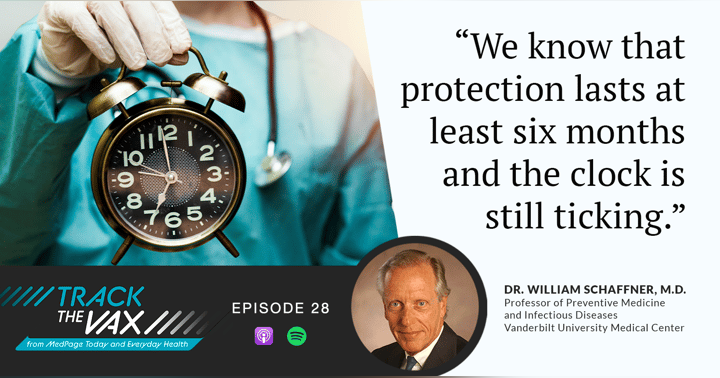Vaccine too risky for me? Contraindications for COVID-19 vaccines.

Those with autoimmune diseases, allergies, cancer patients undergoing chemotherapy, organ transplant recipients, even pregnant women--may be worried about getting the vaccine more so than the general public.
And with good cause. Historically those groups of people are exempt from vaccines, relying instead on herd immunity for protection. But in the midst of a deadly pandemic, where herd immunity is months, if not years, away...should those vulnerable groups skip out? Or jump to the front of the COVID-19 vaccine lines?
“The bottom line here is that these immunocompromised populations... are receiving immunosuppressive drugs and or chemotherapy, which can weaken their immune system and accordingly, they may not have a robust immune response to the vaccine,” Dr. Barbara Alexander, MD, Infectious Disease Specialist at Duke University and current President of the Infectious Diseases Society of America explains in this week’s episode.
“Some degree of immunity is better than none. And particularly since these people are at certainly higher risk for severe disease, we are recommending that they get the vaccine.”
In this episode of Track the Vax, Alexander explains if those most at risk at infection should be worried about the vaccine.
She also discusses:
- What allergies serve as contraindications to the vaccine.
- Who should get it and who should pass.
- And what you should know about that ingredient-- polyethylene glycol
We are also chat with Dr. Mark Turrentine, MD a professor at the Baylor College of Medicine and co-chair of the American College of Obstetricians and Gynecologists (ACOG) COVID-19 OB Expert Work Group
He explains why we have heard some mixed messaging when it comes to pregnant and nursing women.
“COVID patients who are pregnant are five times more likely to end up in the intensive care unit and/or on a ventilator than COVID patients who are not pregnant,” he says. “And although the absolute risk is low, pregnant individuals are more likely to die of COVID than their non-pregnant peers who are at the same age.”
Listen along with us on: Apple Podcasts , Spotify, or wherever you listen
